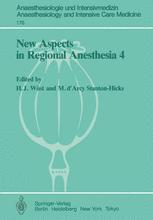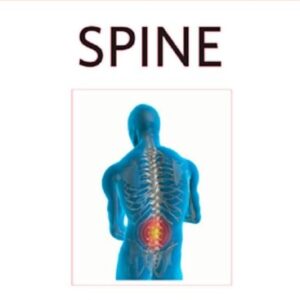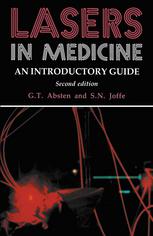Major conduction blocks utilizing local anesthetics or opiates are find? ing ever increasing applications in daily routine. However, two serious drawbacks are associated with their use: hypotension during surgery and the development of tolerance in long-term epidural analgesia. When opiates are injected epidurally or intrathecally, numerous side effects such as itching, nausea and vomiting, or respiratory depression have been reported. The pathophysiology of complications arising during a major conduction block and measures to prevent them were discussed by 19 experts at the 4th International Symposium at DUsseldorf. This volume contains 21 papers presented on three topics: 1. tachyphylaxis in long-term epidural anesthesia, 2. hypotension due to epidural and spinal anesthesia, and 3. effects and dangers of epidural and intrathecal opiates. With regard to the safety of our patients during anesthesia, current practices of preventing complications were evaluated, and preliminary guidelines for a more rational approach toward prevention and treat? ment based on a knowledge of pathophysiologic mechanisms were developed. It is our hope that the anesthesiologist will profit from the discussion of regional anesthesia contained in this volume, many aspects of which have never before been presented in such detail.
Medicine
[PDF] New Aspects in Regional Anesthesia 4: Major Conduction Block: Tachyphylaxis, Hypotension, and Opiates L. E. Mather (auth.), MD, Ph. D. Hans Joachim W?st, M. d?Arcy Stanton-Hicks (eds.)
$9.99






Reviews
There are no reviews yet.